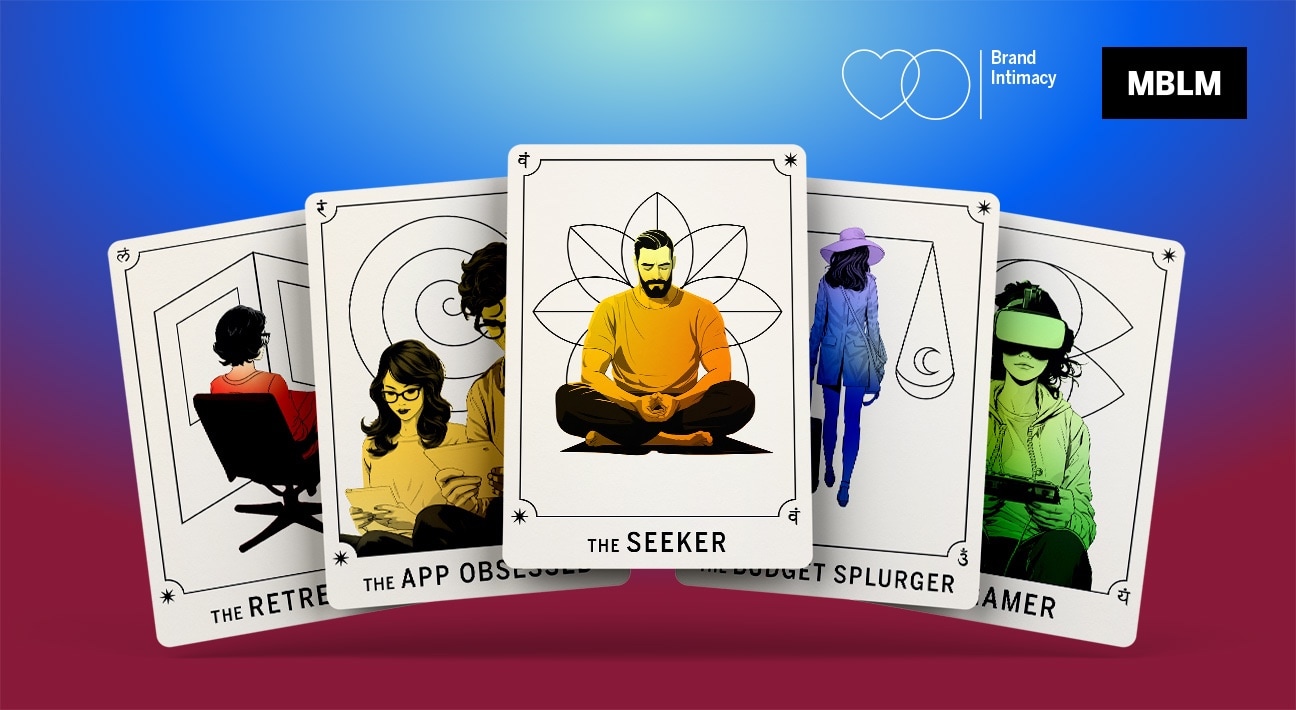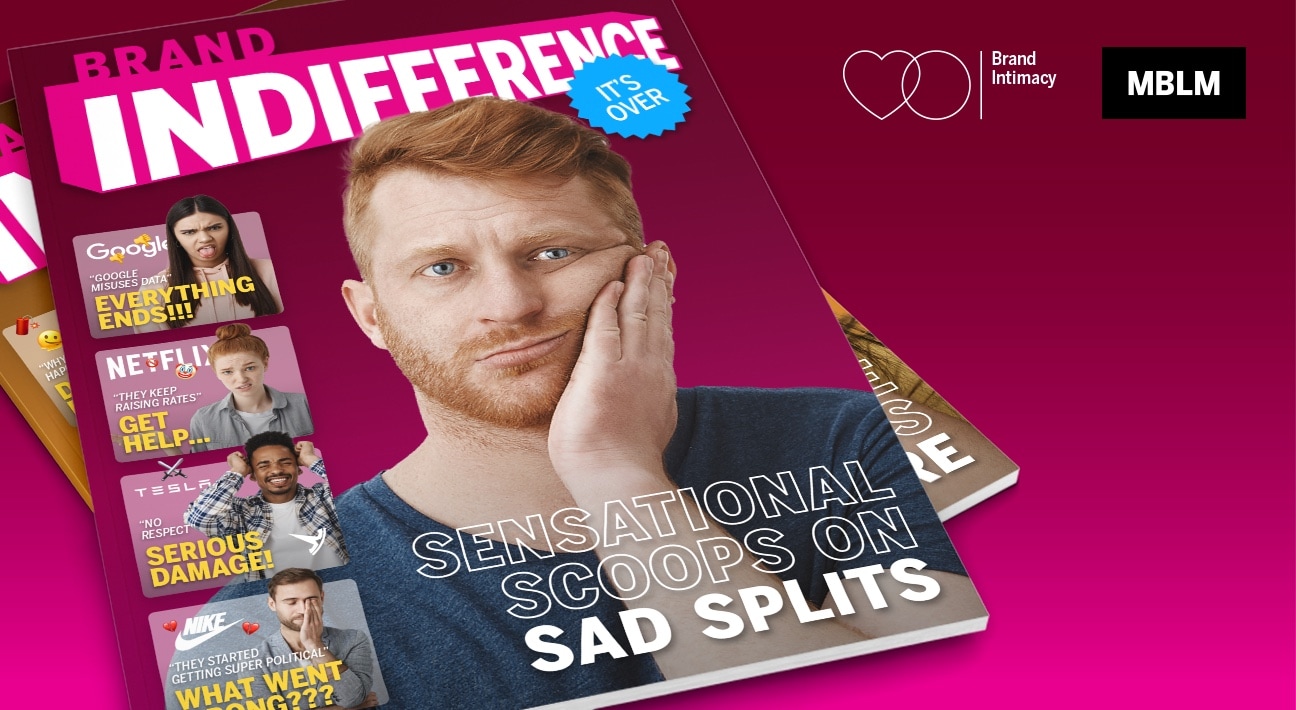MBLM Announces That Two-Thirds of Industries Studied in its Report Are More Successful in Creating and Maintaining Intimacy with Men than Women

MBLM, the Brand Intimacy Agency focused on strategy, design, creative and technology, today revealed that 10 out of the 15 industries studied in its Brand Intimacy 2017 Report are more successful in creating and maintaining intimacy with men than women. The report, which is the largest study of brands based on emotions, also found that for women, the top three most intimate brands are Disney, Apple and Amazon. Brand Intimacy is defined as a new paradigm that leverages and strengthens the emotional bonds between a person and a brand. According to the 2017 report, top ranked intimate brands continued to outperform the S&P and Fortune 500 indices in revenue and profit over the past 10 years.
The remaining brands in the top 10 most intimate for women are: Target, Netflix, Honda, Samsung, Whole Foods, Toyota and Google. For men, the top 10 brands are: Apple, Harley Davidson, Nintendo, Chevrolet, Amazon, HBO, Xbox, BMW, Whole Foods and Google.
“From our study, it’s clear that brands have work to do when it comes to women and Brand Intimacy,” stated Rina Plapler, partner at MBLM. “Brands need to focus on building meaningful relationships with their customers, not focus on targeting them by gender. Relying on traditional gender stereotypes can be limiting, instead utilizing archetypes and creating relationships with consumers can be effective in appealing to both women and men.”
MBLM has seen that some brands target women overtly, while others attract women as a part of their overall strategy. Women are responsible for 70-80 percent of purchasing decisions, which is likely why brands are trying to appeal to the group. However, the study shows that brands are falling short with women. The average Brand Intimacy quotient for women was only slightly below men – 29.1 versus 29.8; however, certain industries are struggling to reach women. Women formed more intimate bonds with brands in retail, consumer goods, health & hygiene, apps & social platforms and fast food. The other 10 industries all have stronger bonds with men: apparel, automotive, beverages, financial services, hospitality & theme parks, insurance & investing, luxury, media & entertainment, tech & telecom and travel.
This year, other gender findings in the U.S. include:
- Top 10 brands for both women and men fit into four industries: technology & telecommunications, automotive, media & entertainment and retail. With the exception of retail, these are all industries that men are more intimate with than women
- For women, fulfillment – which is associated with exceeding expectations and delivering superior service, quality and efficacy – is the most important archetype
- Women outscored men on the indulgence archetype, centered around moments of pampering and gratification, and had the same score for ritual, ingraining a brand into daily actions, more than habitual behavior
- Age is an important consideration in branding; however, MBLM found it is not as influential as gender
- Income is a metric that reveals more similarities among women than it does differences. Amazon is a top five brand for every income group
This year’s report contains the most comprehensive rankings of brands based on emotion, analyzing the responses of 6,000 consumers and 54,000 brand evaluations across 15 industries in the U.S., Mexico and UAE. MBLM’s reports and interactive Brand Ranking Tool showcase the performance of almost 400 brands, revealing the characteristics and intensity of the consumer bonds.
To download the full Brand Intimacy 2017 Report or explore the Ranking Tool please visit: http://mblm.com/brandintimacy/.

